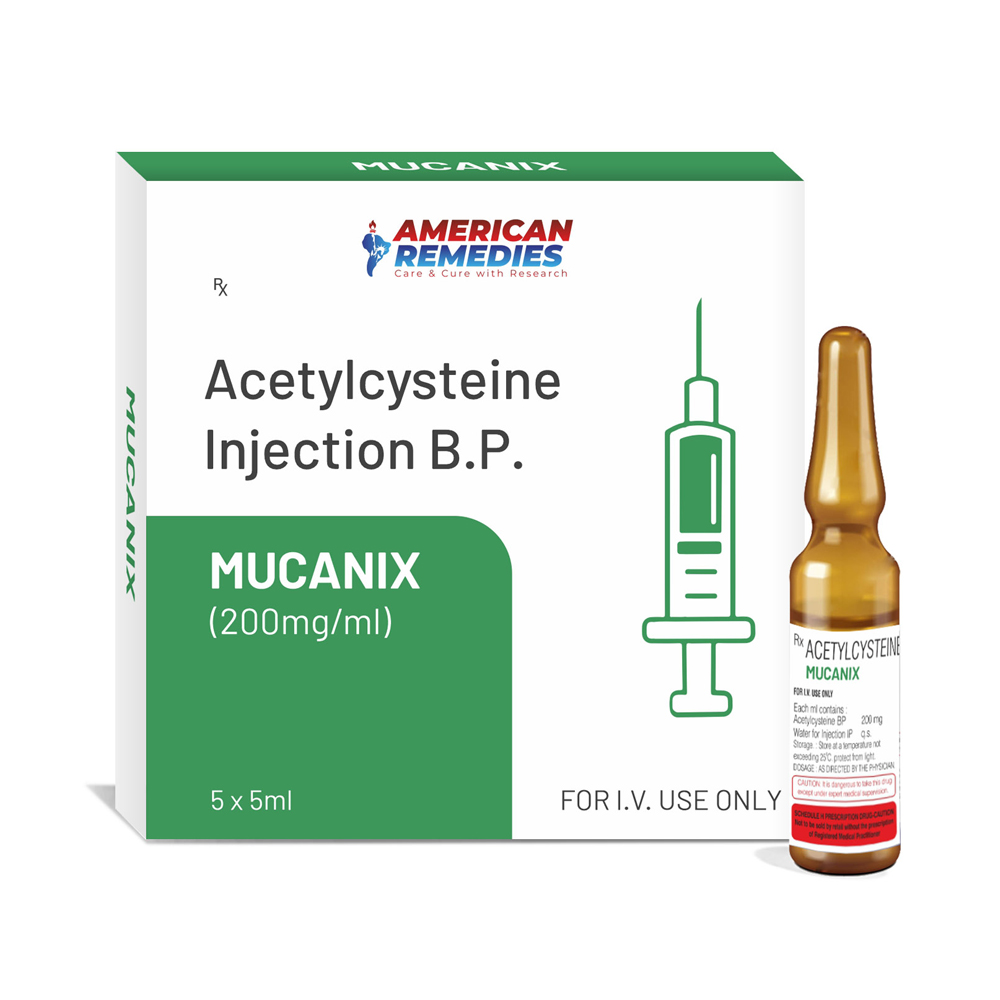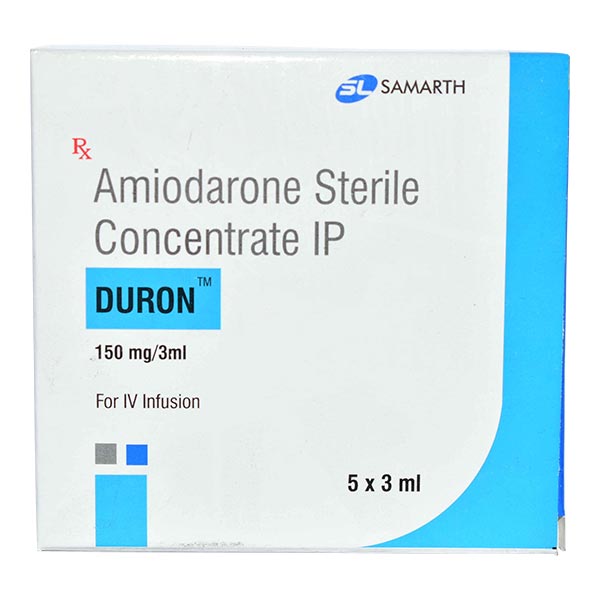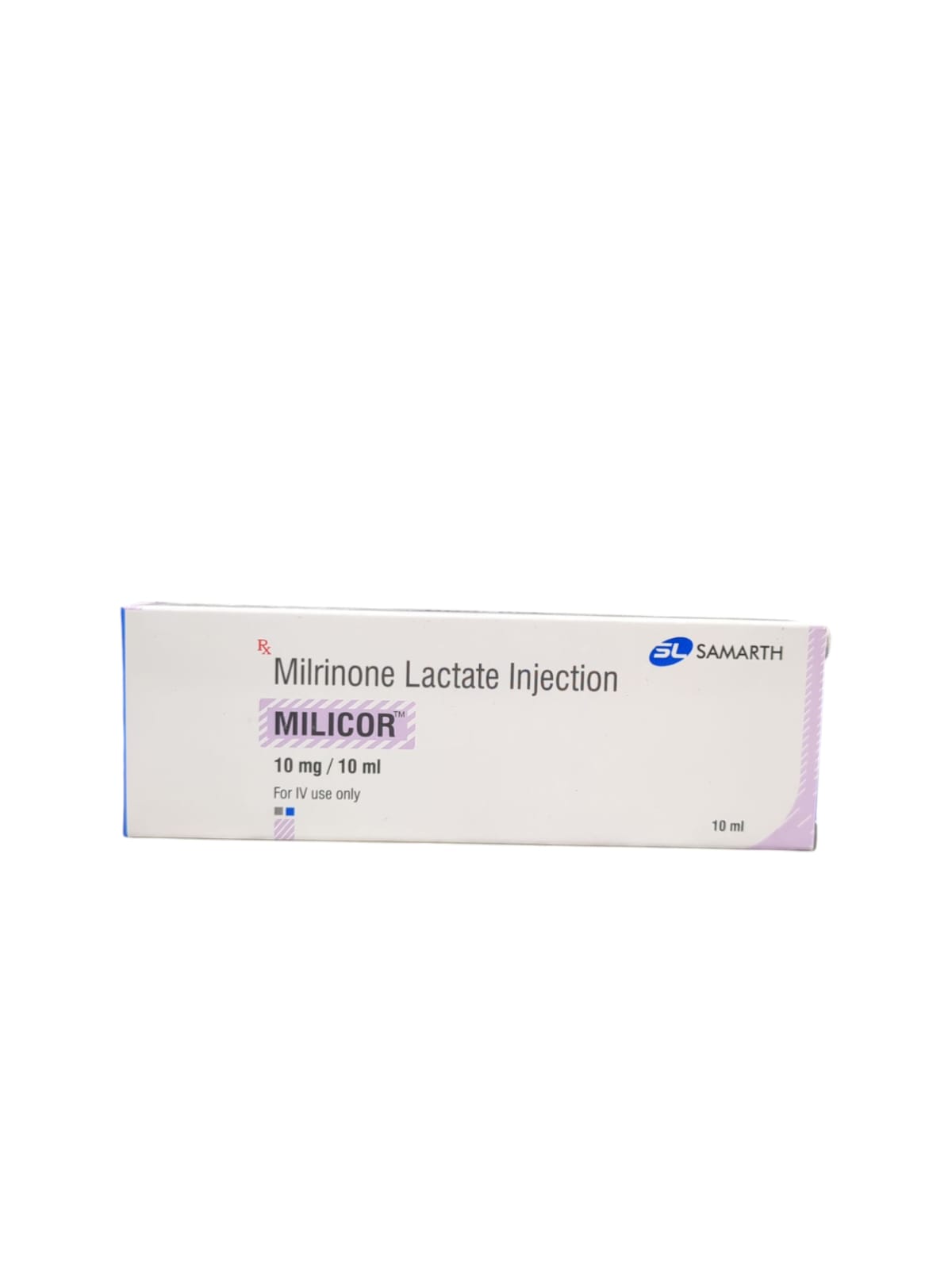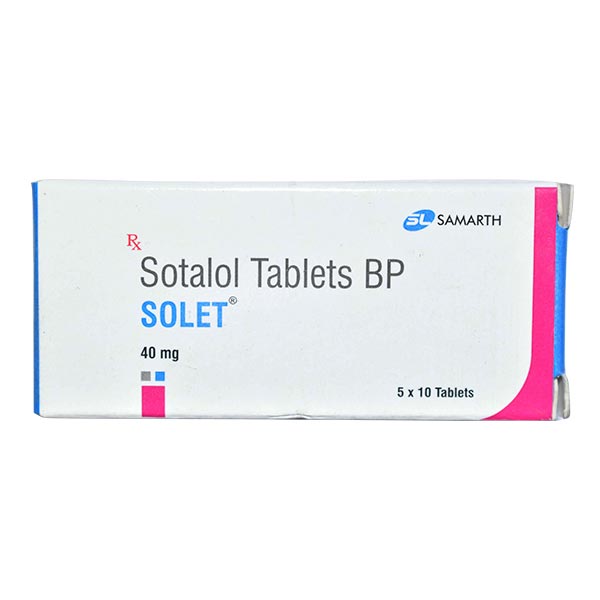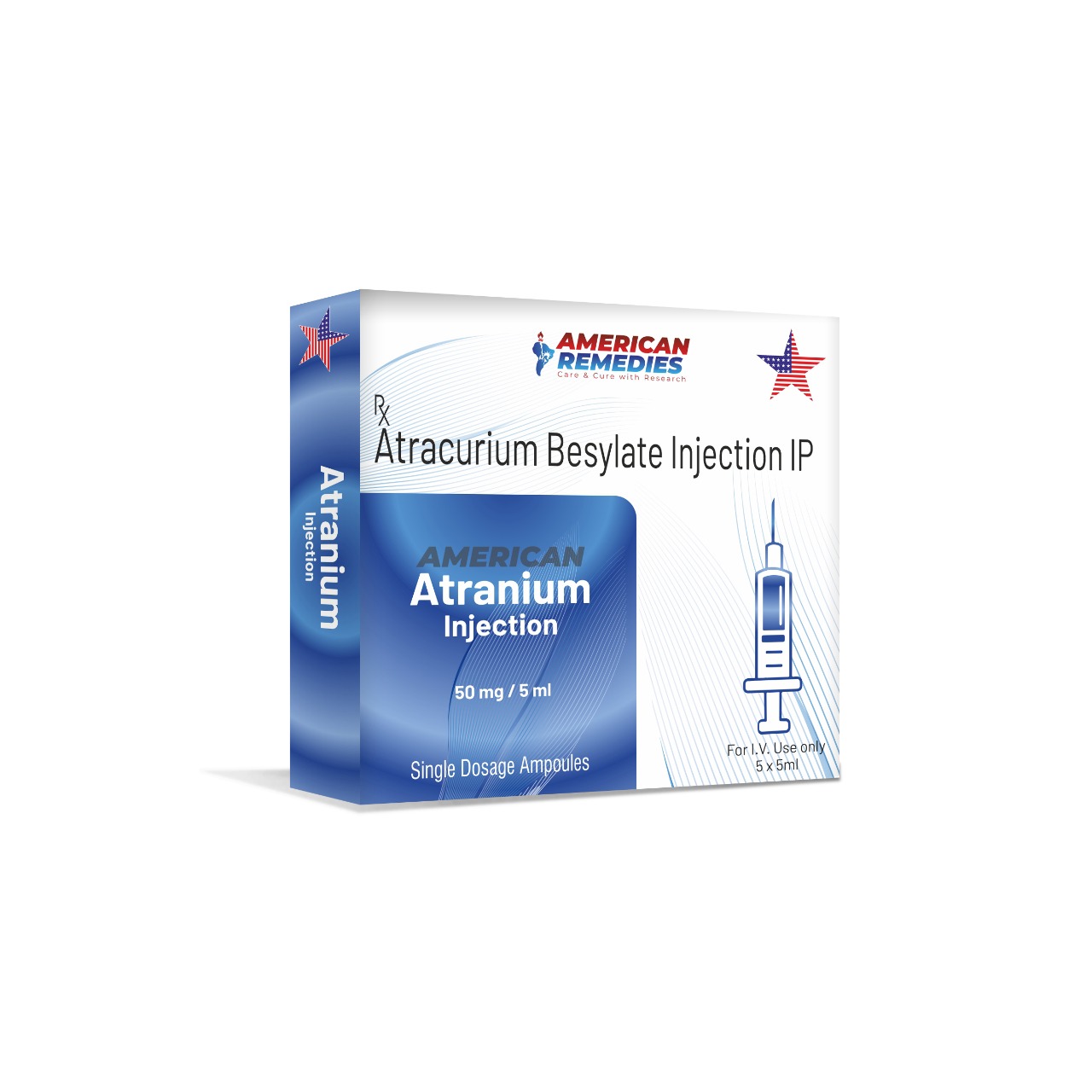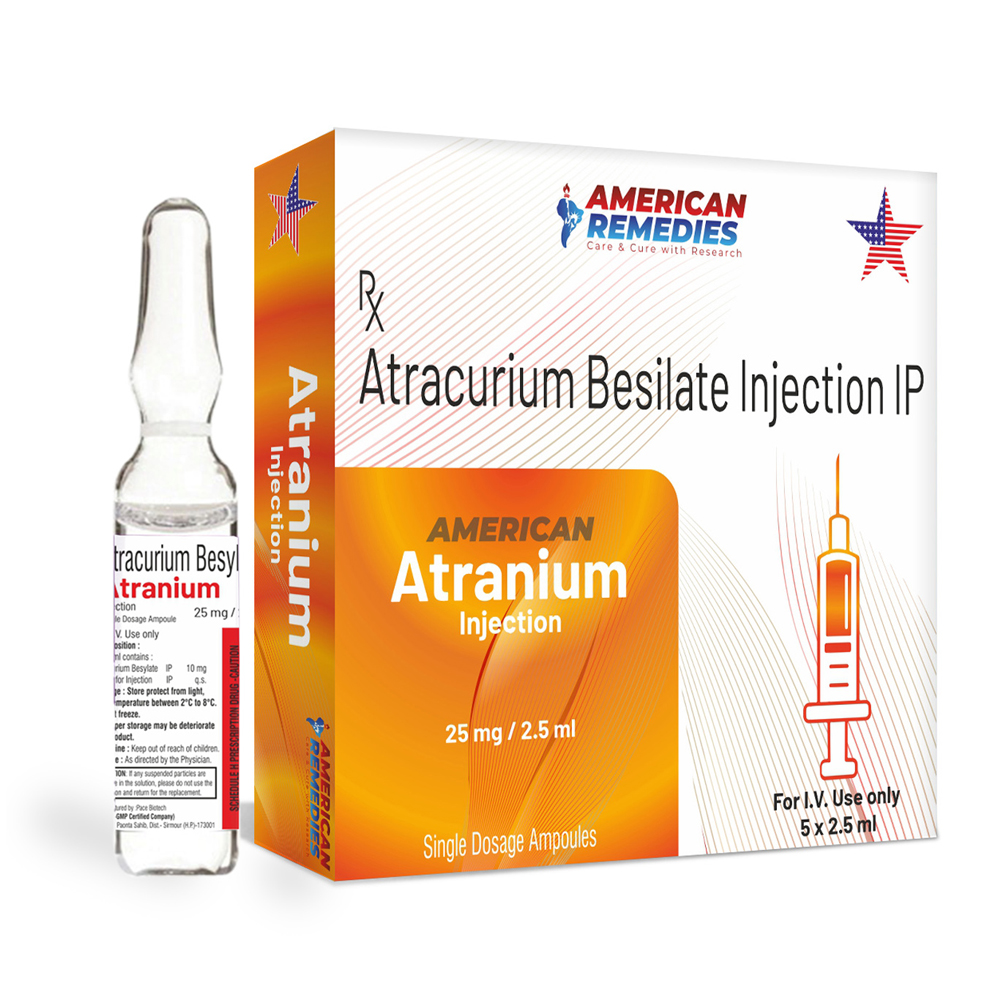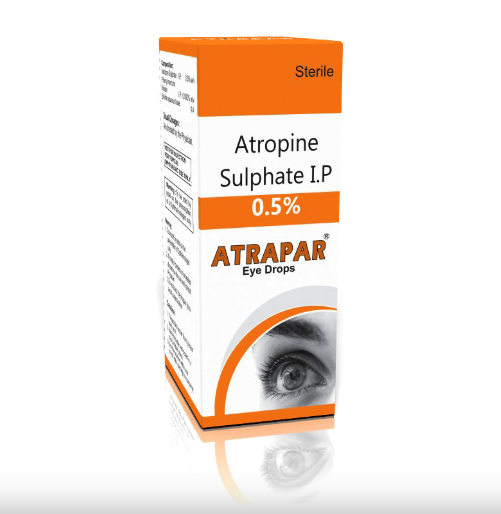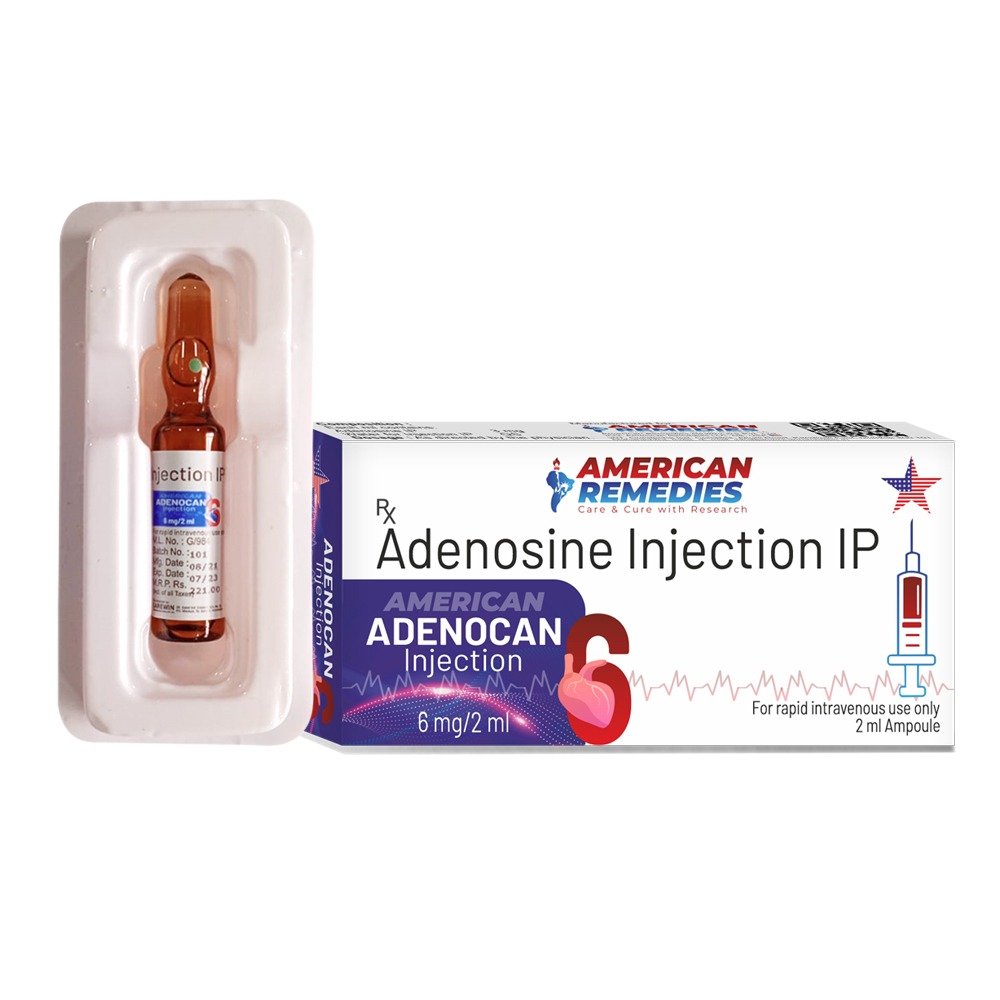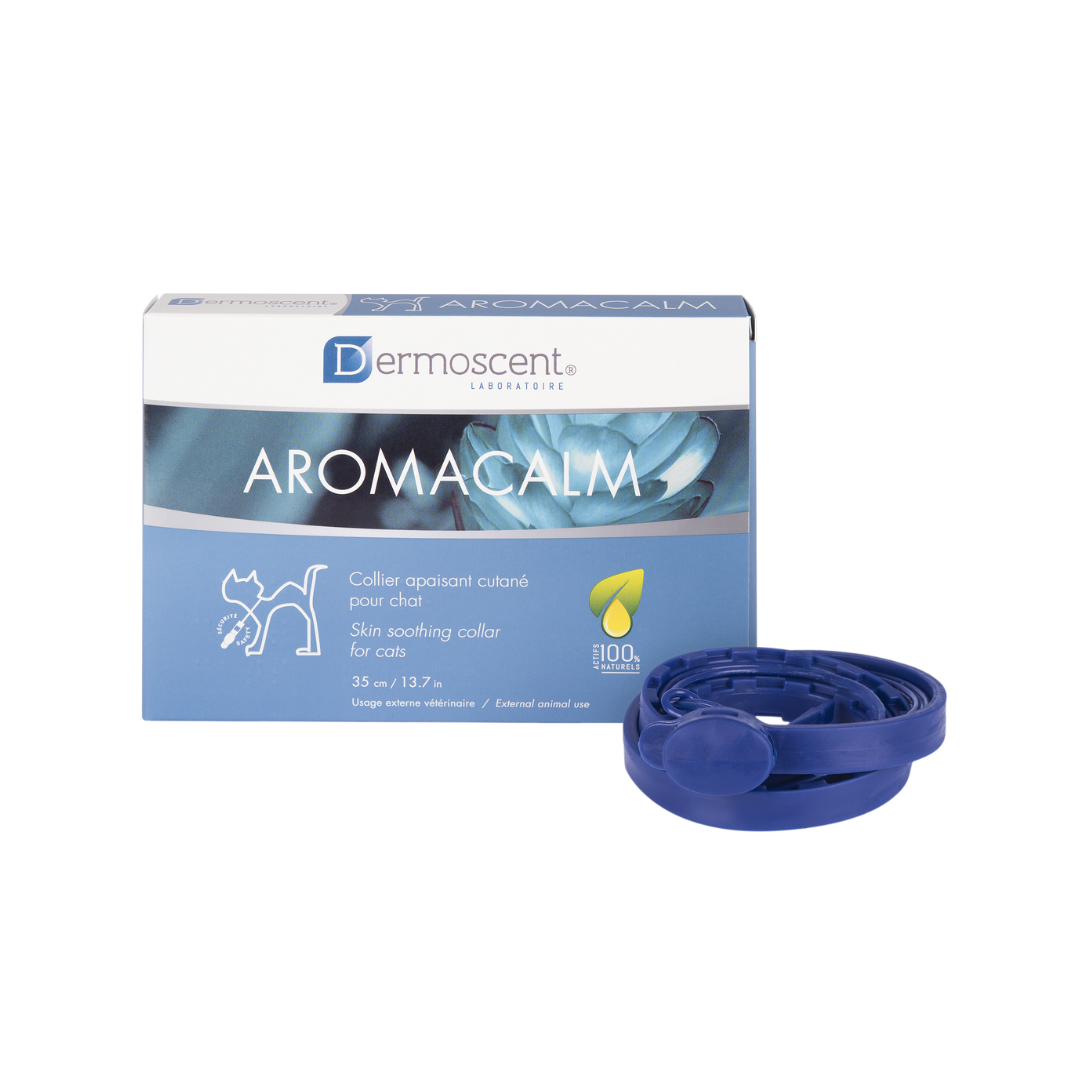Eye Care
Atropine Sulphate Eye Drops IP refers to atropine sulfate in its pharmaceutical grade form, used specifically for ocular (eye) treatments. 'IP' stands for Indian Pharmacopoeia, which is a set of standards for medicines in India, ensuring quality, safety, and efficacy.
Uses of Atropine Sulphate Eye Drops IP:
Pupil Dilation (Mydriasis):
One of the most common uses of atropine eye drops is to dilate the pupil for diagnostic purposes, especially during an eye examination. The drops relax the muscles in the eye, allowing for better visibility of the retina and optic nerve.
Treatment of Uveitis and Iritis:
Atropine is frequently prescribed for conditions such as uveitis and iritis (inflammation of the iris). The medication helps relieve pain and inflammation and prevents the iris from sticking to the lens. This is important to avoid complications like synechiae (adhesions between the iris and lens).
Cycloplegia:
Cycloplegia is the paralysis of the ciliary muscle that controls focusing. Atropine is used to temporarily paralyze this muscle during eye exams to assess the retina or the overall refractive status of the eye.
Prevention of Post-Surgical Complications:
After certain eye surgeries, atropine can help in preventing the formation of adhesions between the iris and the lens, which can occur after surgery like cataract surgery. It aids in recovery and minimizes the risk of complications.
Management of Myopia (Nearsightedness):
In some cases, atropine drops have been used in research to slow the progression of myopia (nearsightedness) in children, though this is less common in routine practice.
How It Works:
Atropine is an anticholinergic drug that blocks the action of acetylcholine, a neurotransmitter involved in eye muscle contraction. By inhibiting the contraction of the pupil’s sphincter muscle and the ciliary muscle, atropine causes pupil dilation and paralysis of accommodation, allowing for eye relaxation and easier examination.
Dosage:
The dosage depends on the condition being treated. Typically, for eye exams, one or two drops are applied to each eye, and the effects (pupil dilation) usually last for several hours. For therapeutic use, your doctor will prescribe the frequency and duration based on the specific condition.
Precautions:
Side Effects: Common side effects include blurred vision, sensitivity to light (photophobia), and dry mouth. In some cases, you may experience increased intraocular pressure or tachycardia (rapid heart rate).
Avoid Exposure to Bright Light: Since atropine causes pupil dilation, you may be more sensitive to light. It's advisable to wear sunglasses when outside in bright conditions.
Do Not Drive: Due to blurred vision, avoid driving or operating heavy machinery until the effects wear off.
Systemic Effects: Rarely, atropine can be absorbed into the bloodstream, leading to symptoms such as confusion, rapid heart rate, or dry skin. If you experience these symptoms, seek medical help immediately.
Contraindications:
Glaucoma: Atropine should be used with caution, or avoided, in individuals with narrow-angle glaucoma or other eye conditions that affect intraocular pressure.
Pregnancy and Breastfeeding: While atropine is generally considered safe in therapeutic doses, it’s essential to consult your doctor if you are pregnant or breastfeeding before using the drops.
Send
Message
